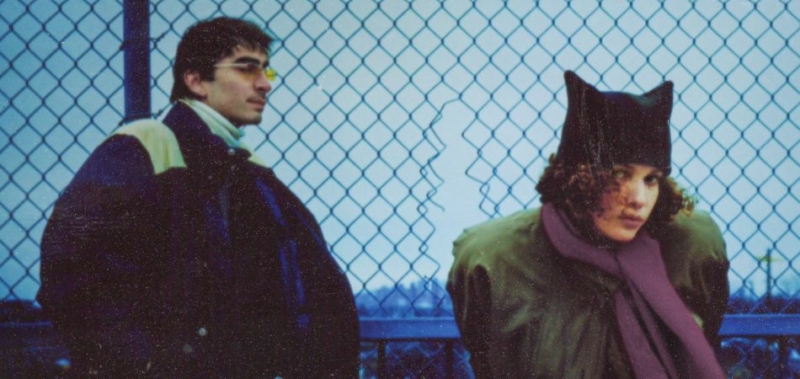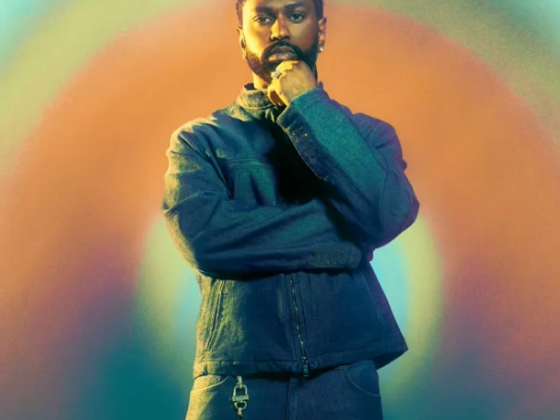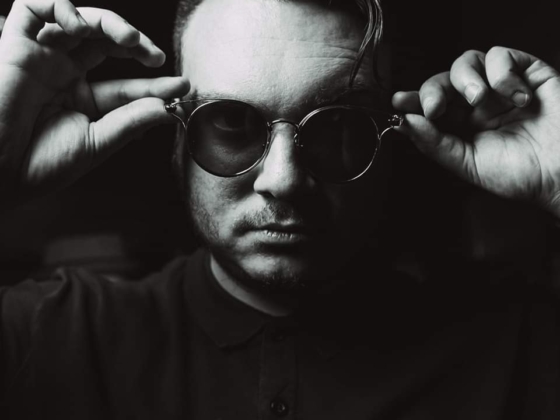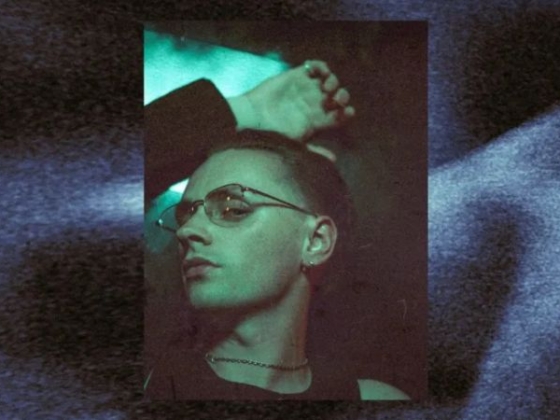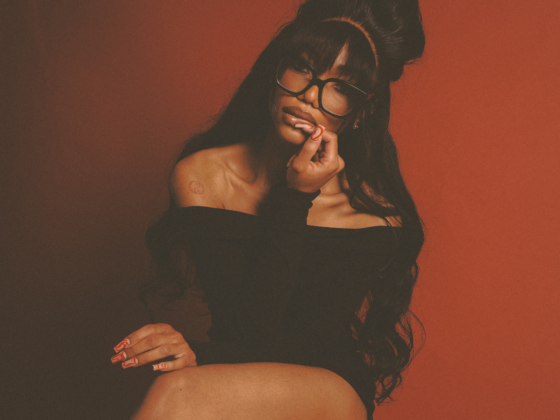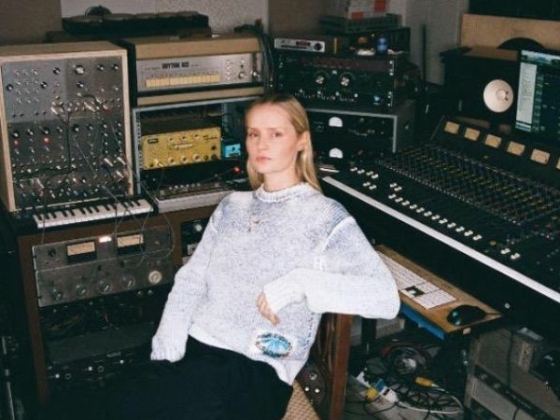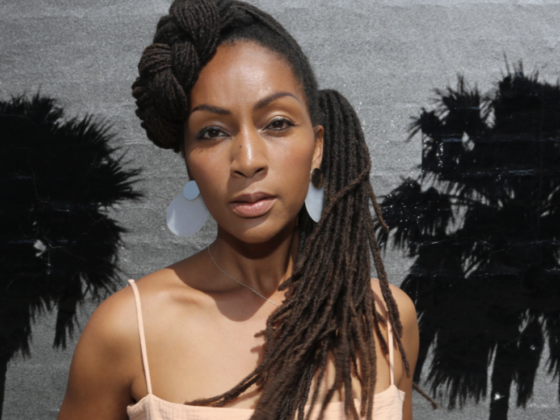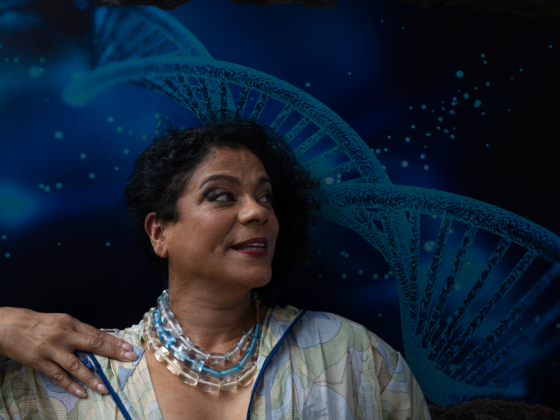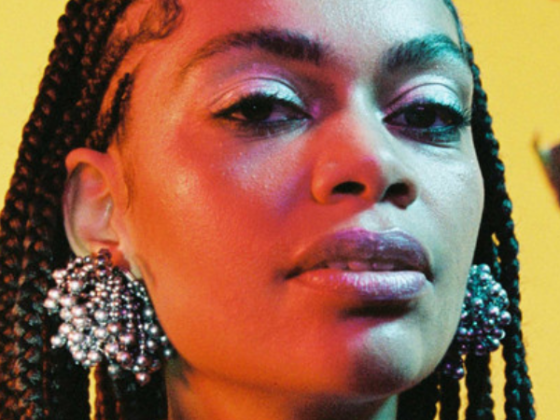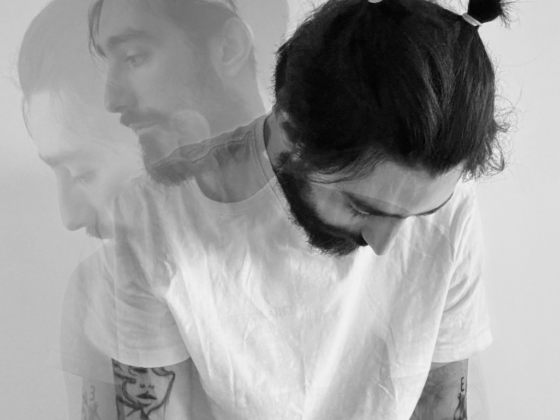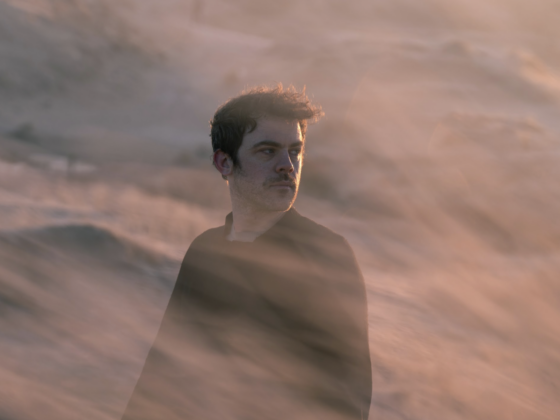Coincidence or fate, some moments defy explanation and shape the course of our lives.
Take the Montreal duo Rau_Ze—Rose Perron and Félix Paul. They met at school, a setting familiar to many, but it's uncommon to meet someone and instantly feel destined to create something extraordinary together.
For Rose and Felix, it was as if the universe conspired to align their paths.
From their Montreal roots, this dynamic pair embarks on a journey to weave genre-bending neo-soul into Quebec’s close-knit music scene, driven by a deep and undeniable connection.
As they get ready to perform at the 22nd Festival Musique Émergente (FME) in the small mining town of Rouyn-Noranda, Canada, I had the chance to sit down with them and discuss their bond, their roles in the band, and the influences shaping their journey as emerging musicians.
To begin, who is Rau_Ze as a group, and what inspires your music?
Rose: Felix and I met when we were younger and both attending "Saint-Laurent CEGEP" and quickly realized we wanted to make music together—it just clicked. We both attended college for jazz and knew we needed to collaborate, though it took some time to figure out what kind of music we wanted to create.
For the first three to four years, we mainly played cover songs at bars. At that time, I wasn’t very focused on music, but Felix was the one who kept me grounded. Eventually, Felix started writing most of the album. Winning the Francouvertes contest in 2022 opened many doors for us to perform all over Quebec.
I learned to sing at a very young age without any formal classes. In high school, I first discovered soul music through artists like Aretha Franklin and Ella Fitzgerald—their music blew me away. After high school, I went to college to study jazz and learn how to scat.
I’d say out of the both of us I’m the intuitive one, while Felix is more technically proficient.
Felix: At college, I studied piano interpretation and arranging. Rose dropped out, but I continued the program after she left. I'd say Rose is more intuitive and artistic, while I’m more focused on the technical aspects. It’s a great combination. We have different influences from our upbringing, but we both love R&B, soul, and jazz.
Our last project was more pop with a strong R&B influence, and it’s in French Canadian. Although there are many French Canadian artists, the French R&B scene is quite small. This year, the ADISQ (Quebec’s Grammys) will feature a RnB category for the first time since its creation in 1978.
Your album Virer Nos Vies is eclectic, blending electronic, trip-hop, R&B, and neo-soul. What key influences have shaped your style?
Rose: I listen to a lot of Quebecois music—I find it beautiful. The Quebecois music scene has had a huge impact on me; seeing those artists perform has deeply influenced my writing.
Felix: You're right, our album is definitely eclectic. Labeling ourselves strictly as an R&B act feels like an easy, almost cliché way to categorize us. We both have diverse musical tastes. For each song on the album, we drew from different influences and followed where the arrangement naturally led.
Rose: We’re particularly inspired by neo-soul artists like Erykah Badu and the vibrant jazz scene in London, which we love. Other influences include The Comet is Coming, Sons of Kemet, and even elements from rap.
When creating, what is your creative process, do you approach the process with a lyrical theme in mind, or do you let the instrumentation guide the direction?
Rose: For me, it all starts with the instrument. I might write a song on the piano, beginning with a mumble that becomes a sound, then a word, and eventually a phrase. Before you know it, you have a song.
Felix: I like to create a lot of material, often using automatic writing. I try to write a bit every day, accumulating words and quickly drafting music and beats. I practice daily, adding different elements to see what works or doesn't. I put in the effort to try everything that could make a particular song work. I write a lot of lyrics until I can remove the accidental ones.
Sometimes I sing out melodic ideas, but with Rose's interpretation, she elevates it to a whole new level, bringing in many nuances, including influences from the Middle East. It's really collaborative—no one is controlling the other. We respect each other's tastes and often debate ideas to make the music as good as possible. She's much quicker with her interpretations, while I might spend three weeks perfecting the sound of a shaker, making sure it's just right.
How does Montreal's diverse music scene influence Rau_Ze's sound?
Rose: Quebec has a tight-knit music community; you can't make it if you only play in one band. So, every band is in everyone else's band. That's Montreal for you. We're all sharing musicians, which helps us react and interact quickly. We're all living the same life and in it together.
At the end of the day, music is music. Even if you're not in the same genre, you might collaborate with a country or punk band—like our guitar player, who also plays for the band Zouz. Switching between genres to collaborate with other bands makes you stronger as an artist and makes you more versatile.
Plus, we all end up adding our own flavor to that band when we collaborate, making us all stronger together. That's how we support each other creatively, helping one another grow as musicians and evolve as artists.
Felix: I want to add that when it comes time to create, Rose and I have tried writing in English, and we will continue to do so. I think you can create anglophone music in Quebec and still inspire the scene, as there are many English speakers here.
Rose: But writing in French just feels more natural for us—it's the way we speak every day. It makes it easier to incorporate an everyday kind of poetry since we tend to write lyrics the way we talk.
Live shows are a whole different beast compared to studio time—do you prefer one setting over the other and why?
Rose: We actually recorded vocals for the album in my bedroom closet, with all my clothes still in there. We even used my mattress as a door to block out extra sounds. Hey, it works! But I feel super comfortable on stage—I’ve been performing since I was really young.
Anytime I get to play music with the band, I feel so blessed. It's a beautiful experience, especially when we're playing shows far from home. It's like, we're here doing this now, and in 10 hours, we’ll be somewhere else playing our music. I definitely prefer live shows to recording. If I had to choose between recording in my closet or performing outside, I’d pick performing outside every time.
Felix: I like to maintain a good balance between the two.
As you keep pushing boundaries and evolving as a band, what new musical worlds are you itching to dive into next?
Rose: Lately, I've been really inspired by Dubstep and am open to exploring it as a new influence.
Felix: I'm inspired by video game music and interested in blending influences from games like StarCraft with some hip hop. I think the key to creativity and making fresh, innovative music is blending unexpected elements together.
Lastly, what’s next? Are there any new projects we should look out for?
Rose: We just released our album last March, so we’re focused on live performances right now. We’re also working on ideas for a second album, but we haven't had much of a break since winning the contest two years ago. It might take some time before we finish our next project—taking a break for our mental health is important.
We have a lot of shows coming up and want to stay concentrated on performing. Eventually, as things evolve naturally, we'll start planning the next steps. It’s all about finding a balance after everything that’s happened in the past few years. Creating an album is intense—it involves not just the music but also the cover art and promotion. We’re looking forward to what comes next though.
Felix: Yeah, the last album was challenging, but we’ve already started working on the next one. While we’re not sure when it will come out, we’re definitely excited about it. We’re eager to continue pushing our own boundaries.

